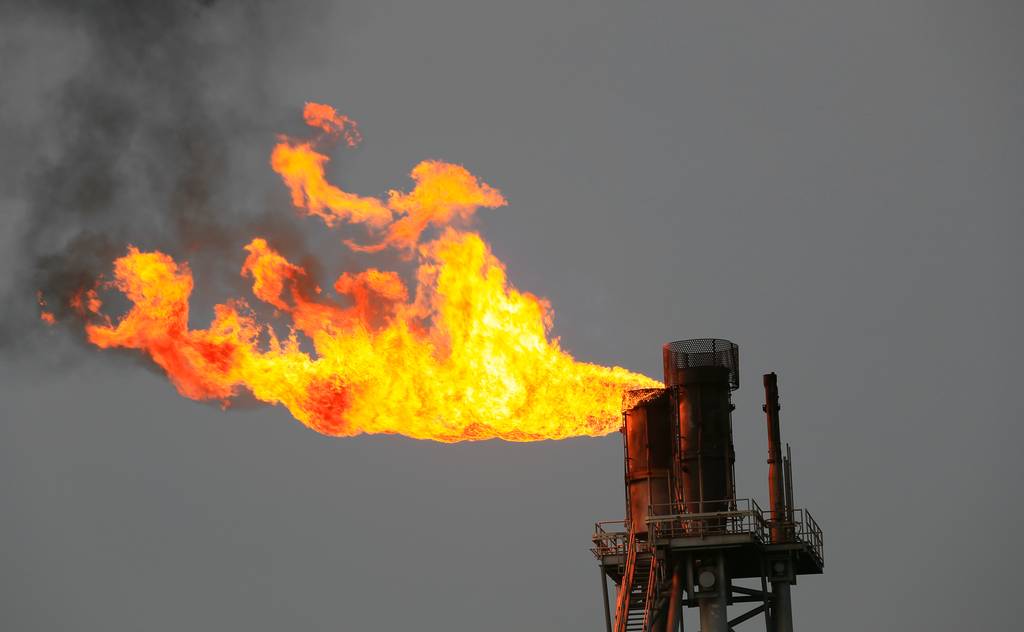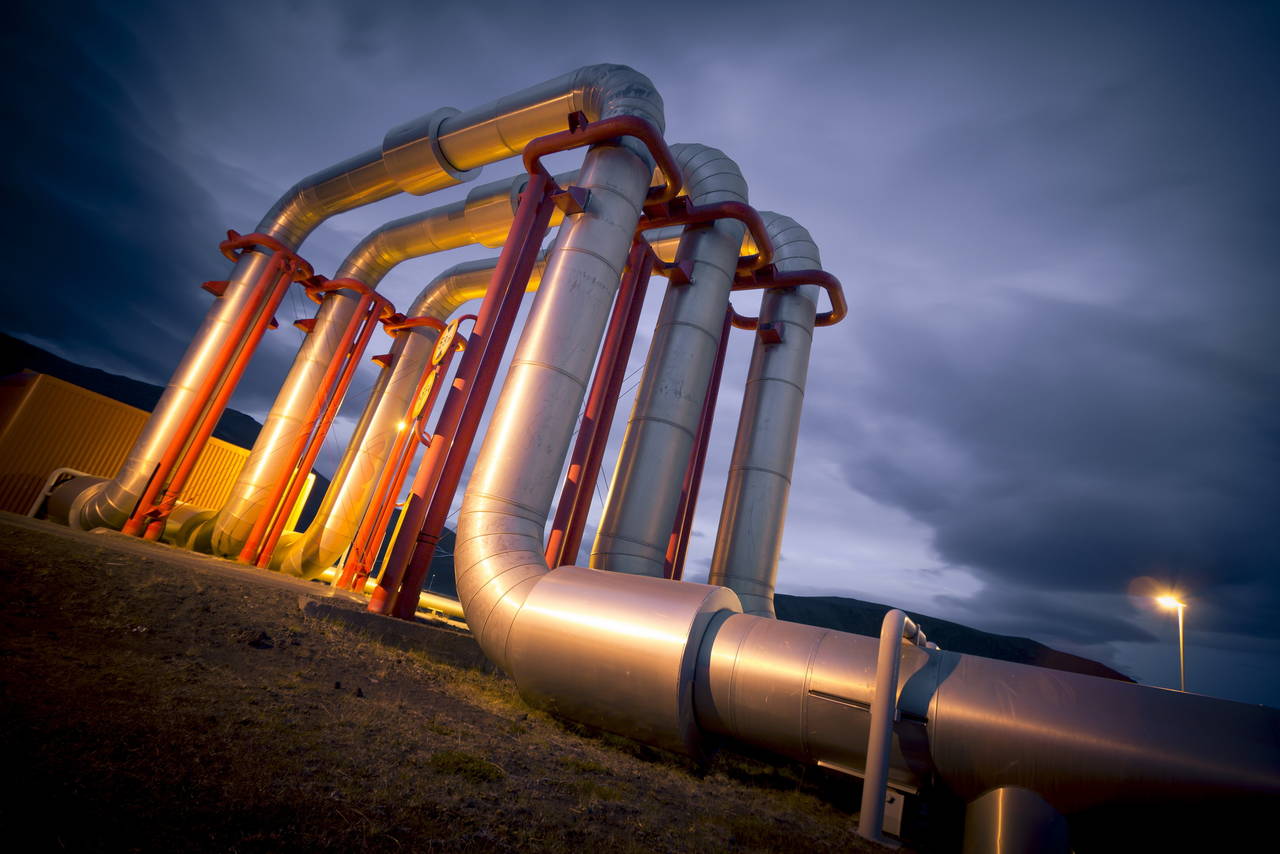Power Africa Offers New Potential for Sub-Saharan Africa’s Gas Sector

In June 2018, Power Africa, a US-backed initiative to increase access to electricity, launched a plan to inject technical and financial resources into gas projects in nine countries in sub-Saharan Africa, with a view to providing an additional 16,000 megawatts of gas-fired power by 2030. The so-called Gas Roadmap opens up new opportunities for stakeholders in the public and private sectors both within and outside Africa, and new hope for Africa’s population, two-thirds of whom do not currently have access to electricity.
The nine countries on which the Gas Roadmap focuses possess natural gas reserves, and several are home to projects involving the import of liquefied natural gas (LNG). They include two francophone countries in West Africa: Ivory Coast and Senegal.
In Ivory Coast, which is West Africa’s second largest economy with a growing demand for energy, domestic natural gas is complemented by imported LNG. Together, they account for half of the country’s overall power generation capacity. As indigenous reserves are limited, the Gas Roadmap emphasises the importance of developing adequate LNG import infrastructures and encouraging LNG-to-power projects. This will be to the benefit not only of Ivory Coast itself but also other countries in the region, to which it exports electricity.
By contrast, Senegal is richly endowed with indigenous natural gas reserves, the full potential of which is only just being discovered. The Greater Tortue Complex offshore Senegal and Mauritania is estimated to contain more than 25 trillion cubic feet of gas. These reserves could turn Senegal into a significant player in the gas export market, but the Gas Roadmap estimates that their development will take around ten years. In the meantime, it will be necessary to provide for LNG facilities and prepare the necessary infrastructures, regulatory frameworks and commercial strategies for the future upsurge in the indigenous gas supply. Due to these special circumstances, a discrete roadmap for Senegal alone has been announced for the end of 2018.
The realisation of the Gas Roadmap’s goals depends on intervention at several levels. Some of these concern policy and planning, such as tools and assistance to help manage the gas economy effectively, while others aim to improve the functioning and financial standing of state entities and the adequacy of local regulations, or to offer support in the assessment and development of gas projects. The overarching aim is to create an enabling environment in which projects can be carried through under optimal conditions. To achieve this aim, Power Africa has created partnerships with numerous international and state bodies, which offer technical expertise and financial support, as well as a long list of private companies ready to invest. Indeed, the investment potential is valued at USD 175 billion.

The Roadmap gives great cause for optimism. Not only can the local population look forward to an increased supply of a relatively clean and competitively priced source of energy, but, as gas-fired plants generally take less time to build than other kinds of power plants, the wait should not be too long and, in any event, within the Gas Roadmap’s 2030 target. Businesses, too, will benefit, as the development of the sector will afford them new opportunities to grow, whether they are involved in upstream exploration and production, midstream operations such as gas transportation and the construction and operation of processing plants, or downstream power production and distribution. It can be expected that such growth will in turn have a positive impact on the local employment market.
However, the sector also presents challenges: Some of the indigenous natural gas is in deep-water offshore fields, which makes extraction complicated and costly. Work needs to be done on improving existing gas facilities and infrastructure. Current regulatory frameworks are generally old and not necessarily adapted to modern practices. And the gas sector, like many others, is exposed to corruption. Implementation of secure and adequate funding arrangements, appropriate contractual instruments, good governance measures and anti-corruption programmes will therefore be key to the success of a business project. John W Ffooks & Co is available to advise on these and other matters to help clients take full advantage of what has been hailed as Africa’s gas revolution.
Sources
- , Power Africa Gas Roadmap to 2030
- , USAID’s introduction to Power Africa
- , How Power Africa’s Data Can Help You Choose Which African Countries Offer Potential Power Sector Investments
- Offshore Technology, Tortue West Field Development
- PWC South Africa, 2017 – Africa’s Oil & Gas Sector Continues to Show Growth
